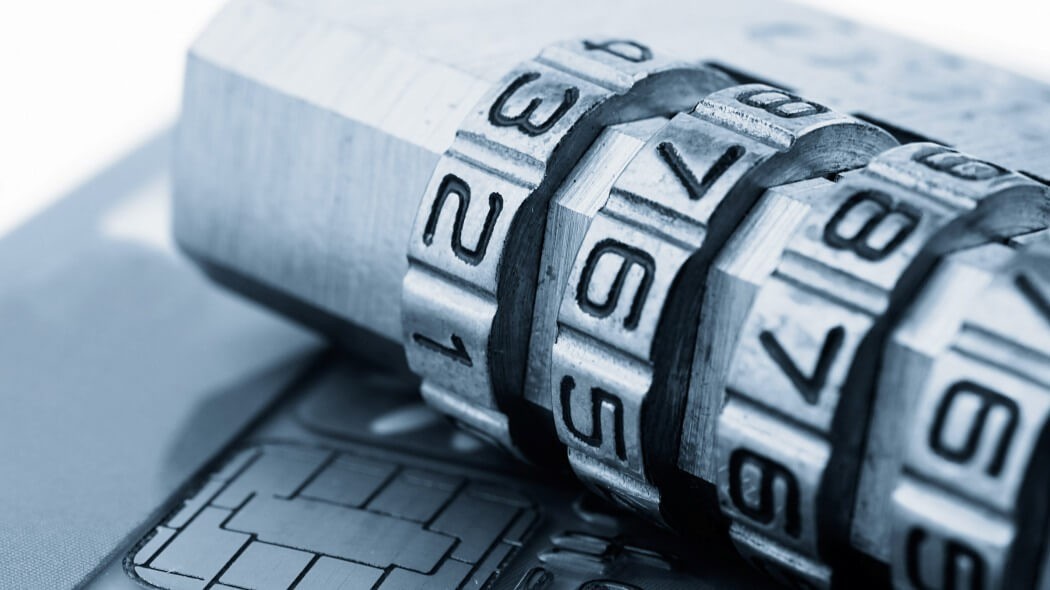
Fraud and security
Warning: Have you been approached with an Investment Opportunity?
Fraudsters are impersonating Barclays to scam individuals and businesses
Be alert for any investment opportunities (e.g. mortgage, investment bonds, online trading) offered to you by someone claiming to be a Barclays Representative – it could be a scam.
What to do if you are approached with an investment opportunity
If you don’t already have an existing relationship with Barclays, be mindful that Barclays would not contact you offering investment opportunities. If you are an existing client, contact your Relationship Manager, or call the number on the back of your card, to verify if the request is legitimate.
What to do if you think you've been scammed
If you think that you have made a payment in relation to a fraudulent investment opportunity or scam, contact your bank to attempt retrieval of the payment and file a complaint with the local police as soon as possible. Barclays Bank cannot accept responsibility for a payment made by yourself in good faith, that turned out to be a scam.
If you have been the victim of a fraud or scam (e.g. Investment/Romance/Inheritance/Marketplace scam) that isn’t related to a Barclays product, but have made a payment to a Barclays account, contact your bank immediately. They will take steps to investigate the receiving accounts and retrieve funds wherever possible. You should also file a complaint with local police who will contact us directly should an investigation be launched. Barclays Bank will fully co-operate and assist with any Law Enforcement enquiries.
Remain vigilant for further approaches
If you have interacted with fraudsters it is likely that they will attempt to contact you again, but through a different approach. This includes scenarios such as pretending to be a solicitor, law enforcement or the fraud department of your bank looking to retrieve any lost funds, therefore it is important that you maintain vigilance when being contacted by a third party.
Fraud or scam – what's the difference?
‘Fraud’ and ‘scam’ are often used interchangeably, but there’s a key difference: fraud happens without your participation, while a scam relies on your involvement.
Examples of fraud include identity theft or card skimming, where your card information is copied or altered by the fraudster. Victims are unaware of this activity, and haven’t given any authorisation or permission for it.
Scams are usually a direct request for money and can seem extremely plausible. You might think the request is from a supplier and authorise the payment. Sometimes these scams go unnoticed until the real supplier asks when their payment will be received.
Keeping you and your money safe is essential to us. Here are some extra tools and guidance to help you stay safe online.
Read about our new Cyber security third-party referral.

What to do if you suspect fraud
If you suspect there has any type of fraud on your account, it’s important you speak to us immediately. View the contact details of your local office.
Knowing the common risks to yourself
Keeping you and your family safe from fraud and scams is our priority at Barclays. Understanding how fraudsters operate can help protect you and your money.


Knowing the common risks to your business
Keeping you and your business safe from fraud and scams is our priority at Barclays. Understanding how fraudsters operate can help protect you and your money.
Ways to stay safe
There are many simple actions you can take to lower your risk of fraud.


Fraud prevention links and resources
You can get more information about fraud and protecting yourself, your family and your business for a number of different sources.
Cyber security third-party referral
For those ultra-high net-worth clients and family offices with evolving cyber security needs, a subscription service provided by a third party can be introduced.
Users can receive regular digital health check reports, follow-up consultations and on-going tailored support, including reputational management, incident response and more.
If you’re already a client, please speak to your banker. If you’re not a client, please contact us.
